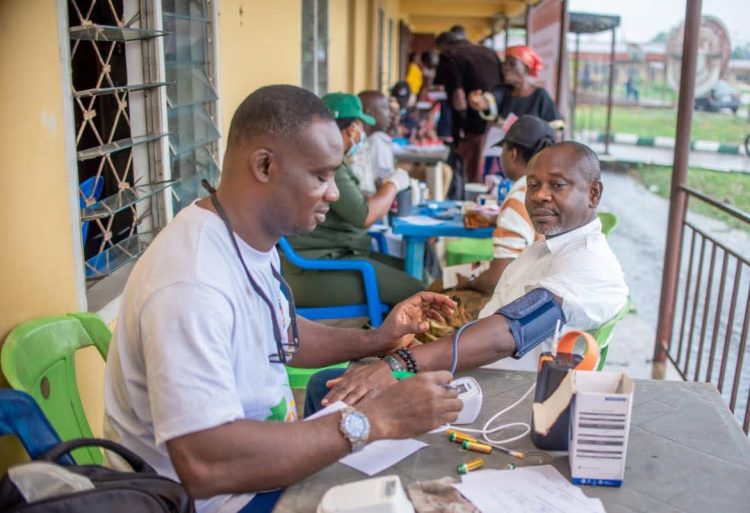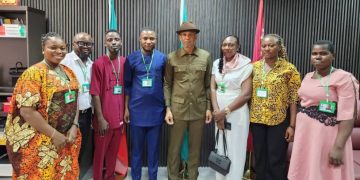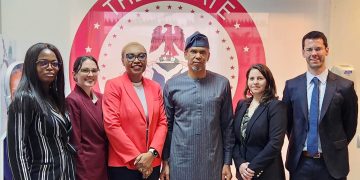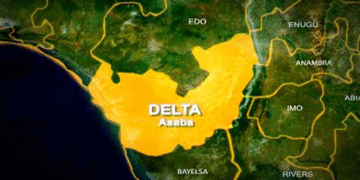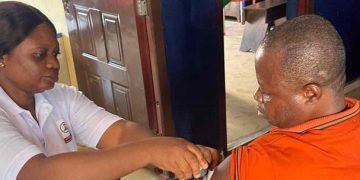The third phase of the Dafinone Free Diabetes Sensitisation and Testing Medical Outreach, organised in partnership with the National Health Fellows, was held over the weekend at Isiokolo, headquarters of Ethiope East Local Government Area of Delta State.
The exercise, which drew a large crowd of health-conscious residents, featured free diabetes testing, blood pressure checks, and consultations on other related medical conditions. Many participants described the outreach as a “timely intervention” in a community where access to healthcare remains a challenge.
Speaking with journalists during the exercise, the coordinating officer for Ethiope East, Mr Peter Omehawe, said diabetes has become “one of the fastest-growing health challenges in Nigeria and across the world.” He explained that the disease is a chronic condition that affects how the body processes sugar, which is the main source of energy for cells.
“Diabetes is not just a big man’s sickness,” Omehawe said. “It cuts across age, gender, and class. The sad truth is that many people don’t even know they have it until it’s too late.” He noted that regular screening, education, and lifestyle changes could help reduce the rising number of undiagnosed cases in the country.
He went on to explain the two major types of diabetes — Type 1 and Type 2 — adding that while Type 1 often develops in children and young people whose bodies do not produce insulin, Type 2 is more common and results from the body’s inability to produce enough insulin or use it properly. “If left unmanaged,” he warned, “it can lead to blindness, kidney disease, heart problems, stroke, or even limb amputation.”
Health professionals at the outreach also engaged participants in educational talks on diet, exercise, and the dangers of self-medication. Many residents took advantage of the free medical testing and counselling offered by the team. “This is my first time getting my blood sugar checked,” said Mrs Felicia Okorie, one of the beneficiaries. “I’ve been feeling dizzy for weeks. Now I know it’s not something to ignore.”
The outreach atmosphere was lively and community-driven, with volunteers moving from one participant to another, explaining results and offering guidance. Some participants who were found to have high sugar levels were immediately referred to nearby hospitals for further management, while those with normal readings were advised on how to maintain healthy lifestyles.
Mr Omehawe commended Senator Ede Dafinone, representing Delta Central Senatorial District, for sponsoring the free medical initiative. He described the senator as “a leader whose name is synonymous with service, integrity, and impact.” According to him, the outreach reflects Senator Dafinone’s long-standing commitment to bringing healthcare closer to the people.
“Coming from the highly respected Dafinone family of Sapele, Senator Dafinone has continued a legacy of excellence while carving his own path as a voice for the people,” he added. “His belief is simple — access to healthcare should not depend on social status.”
The organisers hinted that the next phase of the campaign would move to other parts of Delta Central in the coming weeks. For many in Isiokolo, however, the outreach was more than a health event — it was a reminder that leadership can be both compassionate and practical. As one elderly participant put it, “We may not meet the senator in person, but through this test, he has touched our lives.”


